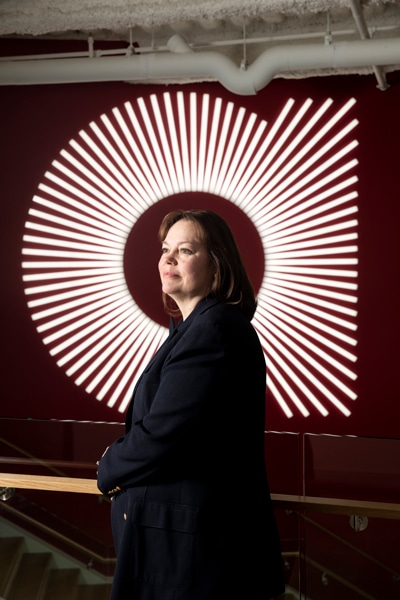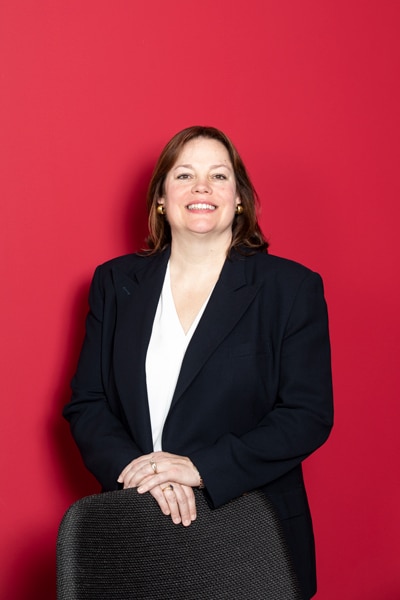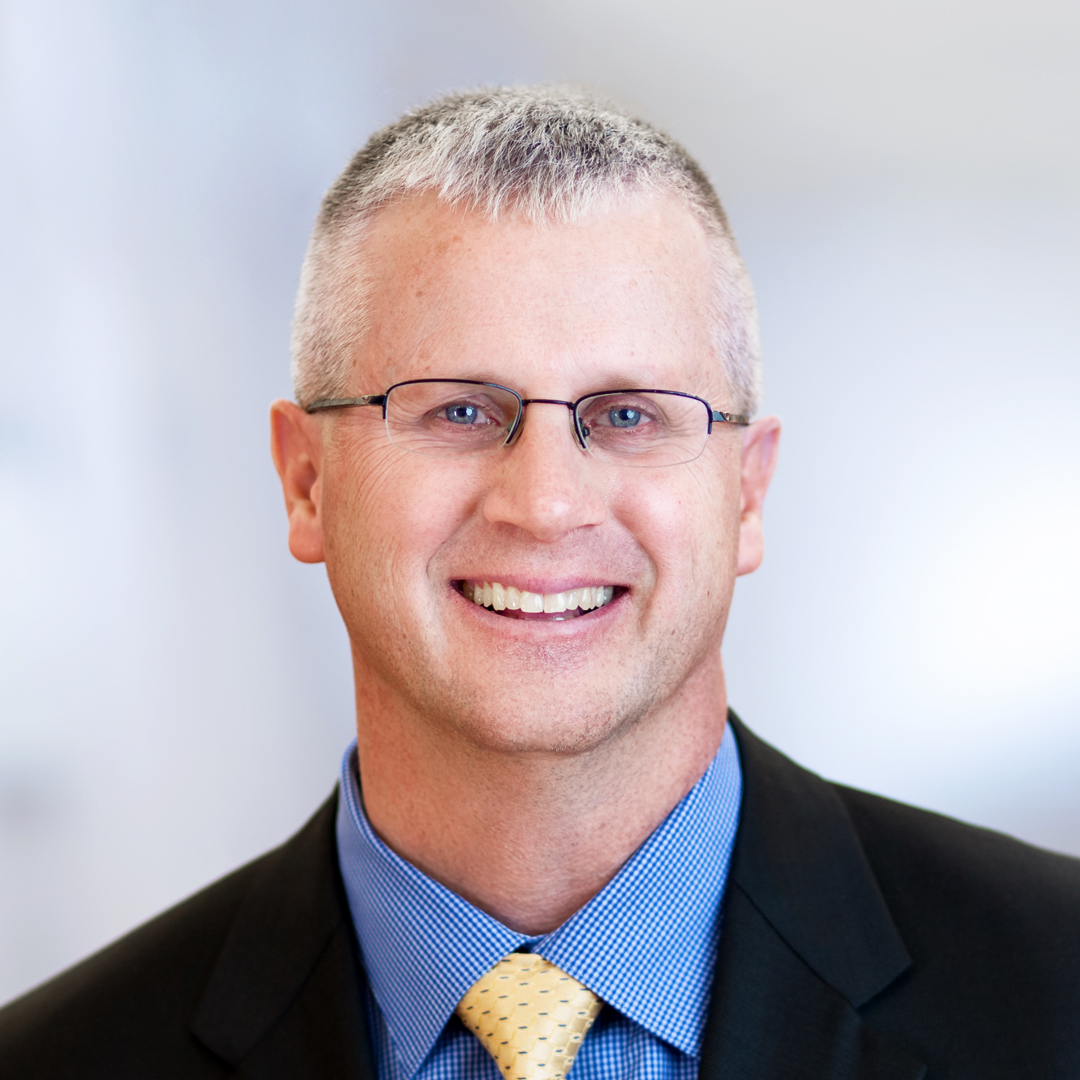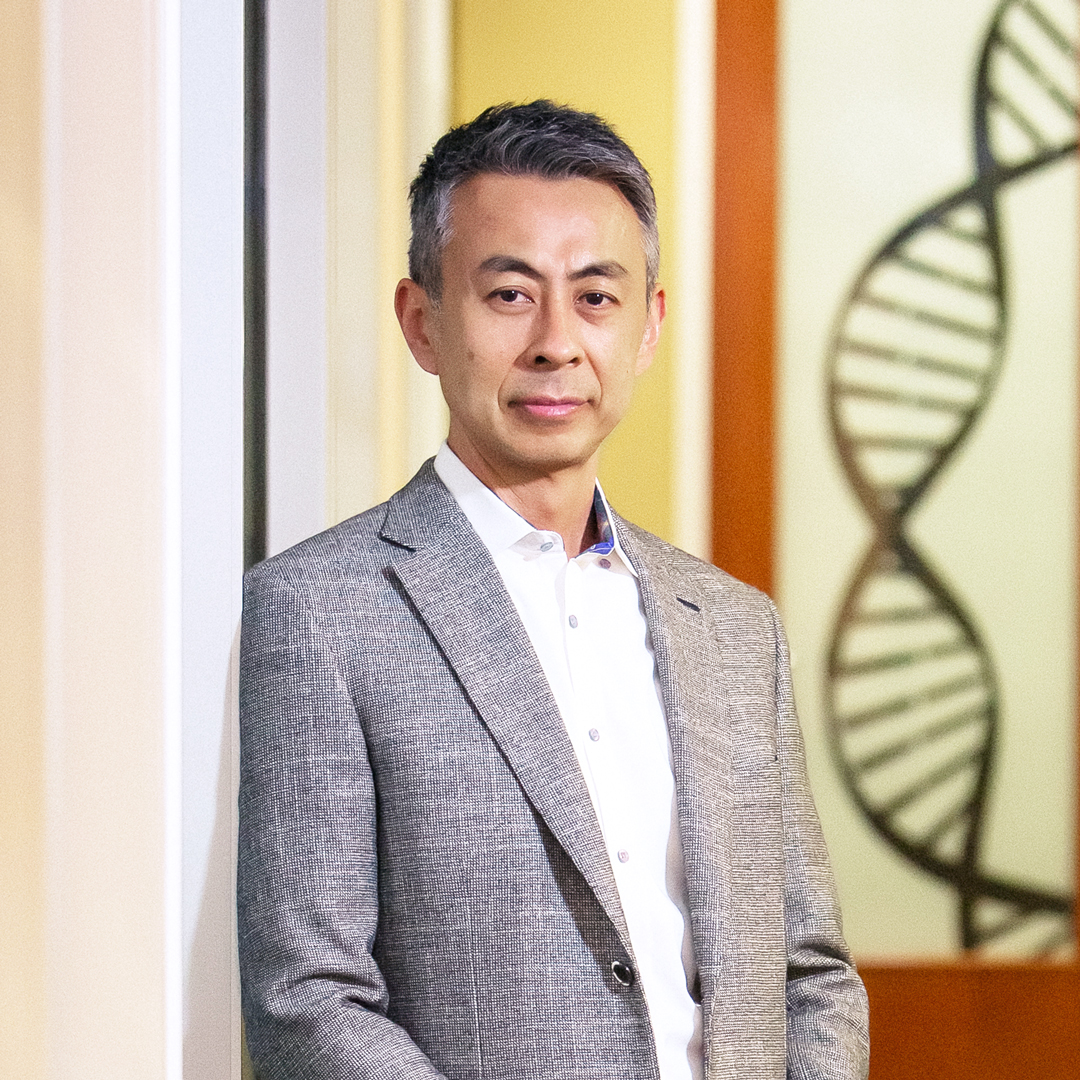Amplifon Hearing Health Care senior vice president Tabatha Erck, EdD, has three decades of experience in health care under her belt. This comes not a moment too soon for the nation’s first provider of hearing benefits. The hearing industry is currently experiencing a number of dramatic changes in terms of access and interactivity with traditional health care organizations, and Erck has been working hard to establish Amplifon as a vital facilitator for these changes. Not only that, she strives to bring greater awareness to the link between hearing and overall health, with the goal of increasing the number of people who have access to affordable, effective hearing loss treatment.
Erck has been excited to work for Amplifon from the start. “There aren’t many companies within health care that cross over payer communities like this,” says Erck. “I thought to myself, ‘Here’s a group of professionals—hearing care specialists and medical practitioners—within a niche industry of health care, who have little to no support and are suddenly thrust into clinical protocols and regulatory oversight they’re not prepared for.’” To that end, Erck’s varied experience, which includes working in health insurance, big pharma, and hospital administration, makes her uniquely suited to position Amplifon as a hearing insurance industry expert.

As Erck sees it, there are significant changes in health care that now present key opportunities for the hearing industry. First, there is substantial growth in the number of individuals who now have benefits that cover hearing aids and exams; the Medicare Advantage market alone has seen a 600 percent increase in enrollees since 1993, and it is predicted to increase its number of plans by 8–10 percent a year for the foreseeable future. This means that more people with hearing loss will have access to affordable care. It also means hearing providers will see more insured patients. As a result, hearing health practitioners are struggling to keep up in this new world, especially independent practices looking for tools, resources, and the support they need to align and comply with health insurance protocols and regulations.
The health care industry is also finding distinct connections between hearing loss and social determinants of health—a study from Johns Hopkins indicates that hearing loss could lead to dementia by making individuals more socially isolated, a known risk factor for dementia and other cognitive disorders. The need to close the gap between untreated and treated hearing loss has far-reaching implications, Erck says.
“By adding hearing to the list of preventive care services covered by insurance, we can substantially narrow the gap, thereby decreasing the risk for costly health conditions, including dementia, depression, and catastrophic falls.”
Erck’s work at Amplifon is heavily impacted by this integration of the hearing industry with more traditional health care sectors. “We’re on the cusp of change,” Erck remarks, “and we’re entering a phase of educating, informing, and engaging with primary care organizations about these issues.” Currently, she is working to educate practitioners and health plans on the link between smoking and hearing loss, which would incentivize people with a smoking history to have their hearing tested for early detection and prevention of hearing loss. As the number of people who have hearing coverage grows, Erck and Amplifon strive to prepare hearing providers, payers, and other health care organizations for those changes.

To accomplish this goal, Amplifon is assembling an advisory council of network providers that will work with them to collaboratively build tools for measuring health outcomes, quantifying patient satisfaction, and more. Once that is established, the council can then go out and teach other providers how to use those tools and make the same improvements. “Culture takes time and a lot of energy to change,” says Erck. “The profession seems gung ho to do it; we’re just at the ‘how’ stage.”
While the industry is still experiencing some anxiety about this new direction, Amplifon’s advisory council will serve as a guide to those providers who need help adapting. “We don’t just publish something and say, ‘Here’s what we’ll do,’” says Erck. Instead, they offer YouTube videos, training courses, and more to arm organizations with the knowledge they need to change their protocols. Erck is confident that these initiatives will not only eliminate roadblocks to closing treatment gaps for those with untreated hearing loss but also ensure the hearing industry’s standards and practices align with those of the insurance industry.
Given the increased focus on hearing loss and its relation to overall health, Erck sees hearing providers as part of a patient’s comprehensive care team in the coming years. With Amplifon, Erck is working to make high-quality hearing health care more affordable and accessible for people with hearing loss. From partnering with health plans to fund hearing benefits to advocating for better compliance with ethical hearing care standards in the development of earbuds and other consumer products, Erck feels particularly proud of the company’s efforts to bring affordable, beneficial hearing care to all. “Amplifon is not owned by manufacturers; we are uniquely positioned to balance the needs of all stakeholders, bring everybody to the table, and see what quality care looks like.”
Signia is pleased to recognize Tabatha Erck, senior vice president of Amplifon Hearing Health Care. As the hearing industry continues to merge with the traditional health care space, Tabatha plays a key role in driving the evolution of the hearing health care model and shares Signia’s goal of creating a new vision for the future.


